Hospital Project Consultants: The Unsung Heroes of Healthcare Infrastructure Development
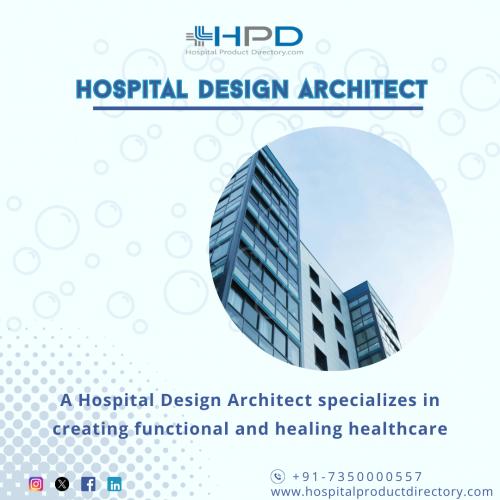
Hospital
project consultants play a vital role in the development of healthcare
infrastructure, ensuring that hospitals are designed and constructed to meet
the needs of patients, healthcare providers, and the community. These experts
bring together their knowledge of healthcare operations, architecture,
engineering, and construction to deliver high-quality facilities that improve
patient outcomes and enhance the overall healthcare experience.
The Importance of Hospital Project Consultants
Hospital project consultants are essential for several
reasons:
1. Expertise in Healthcare Operations: Consultants have
extensive knowledge of healthcare operations, allowing them to design
facilities that are efficient, effective, and tailored to the specific needs of
the hospital. This expertise ensures that the hospital is equipped to deliver
high-quality patient care.
2. Integration of Technology and Design: Consultants
understand the importance of integrating technology and design to create a
seamless patient experience. They ensure that the hospital's infrastructure is
designed to accommodate the latest medical technology and equipment, enabling
healthcare providers to deliver the best possible care.
3. Cost-Effective Solutions: Consultants work closely with
hospital administrators to develop cost-effective solutions that meet the
hospital's budget and financial goals. This includes identifying areas where
costs can be reduced without compromising the quality of care.
4. Regulatory Compliance: Consultants are familiar with the
regulatory requirements and standards that govern healthcare facilities. They
ensure that the hospital's design and construction meet all relevant
regulations, minimizing the risk of non-compliance and potential penalties.
The Role of Hospital Project Consultants
Hospital project consultants are involved in every stage of
the project, from planning and design to construction and commissioning. Their
responsibilities include:
1. Needs Assessment: Consultants conduct a thorough needs
assessment to identify the hospital's requirements and develop a project plan
that meets those needs.
2. Design Development: Consultants work closely with
architects and engineers to develop a design that is functional, efficient, and
cost-effective.
3. Construction Management: Consultants oversee the
construction process, ensuring that the hospital is built to the required
standards and that any issues are addressed promptly.
4. Commissioning and Testing: Consultants are responsible
for commissioning and testing the hospital's systems, including HVAC, plumbing,
and electrical systems, to ensure that they are functioning correctly.
Benefits of Working with Hospital Project Consultants
Working with hospital project consultants offers several
benefits, including:
1. Improved Patient Outcomes: Consultants design facilities
that are tailored to the specific needs of patients, improving patient outcomes
and enhancing the overall healthcare experience.
2. Increased Efficiency: Consultants optimize hospital
operations, reducing waste and improving efficiency, which can lead to cost
savings and improved patient care.
3. Enhanced Collaboration: Consultants facilitate
collaboration among healthcare providers, administrators, and other
stakeholders, ensuring that everyone is working towards the same goals.
4. Reduced Risk: Consultants identify potential risks and
develop strategies to mitigate them, minimizing the risk of delays, cost
overruns, and other issues.
Conclusion
Hospital project consultants are essential for the
development of high-quality healthcare infrastructure. Their expertise in
healthcare operations, architecture, engineering, and construction ensures that
hospitals are designed and constructed to meet the needs of patients,
healthcare providers, and the community. By working closely with hospital
administrators and other stakeholders, consultants can deliver facilities that
improve patient outcomes, enhance the overall healthcare experience, and reduce
costs.
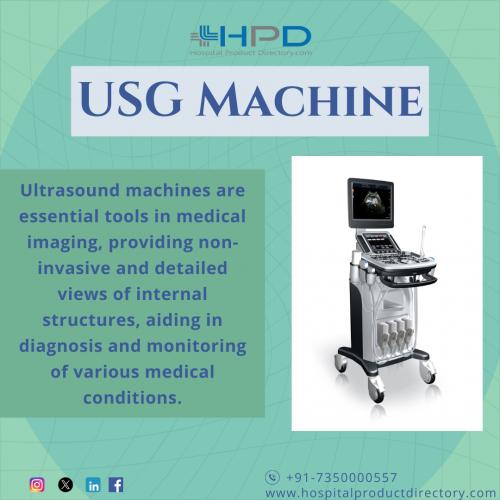

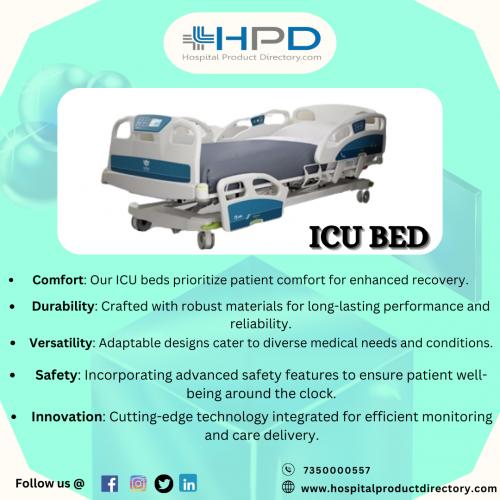
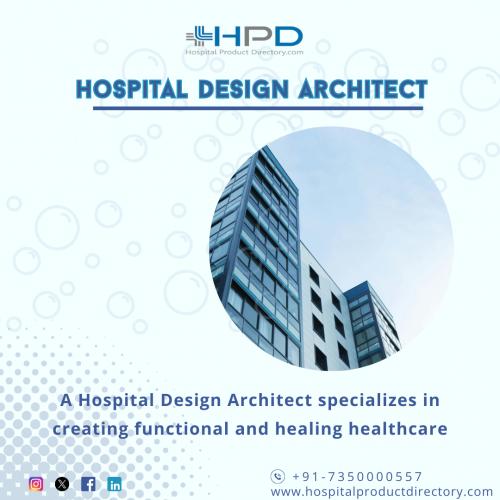


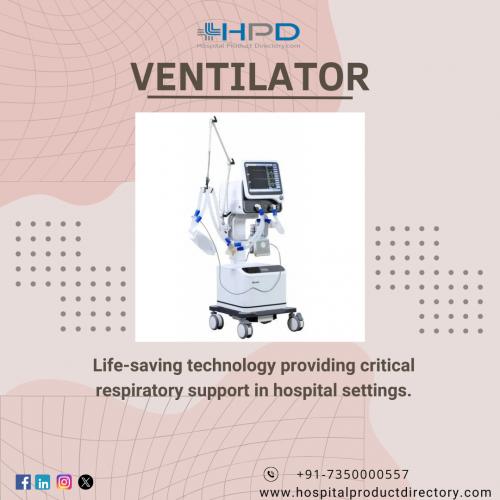

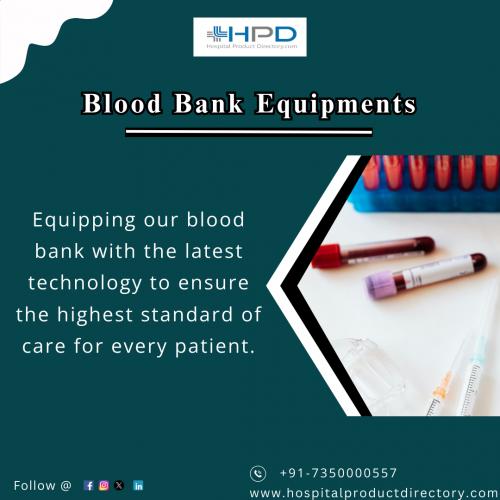
Comments